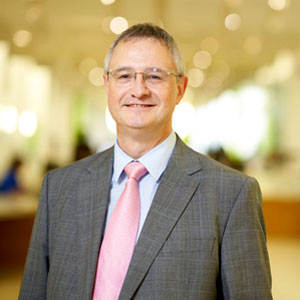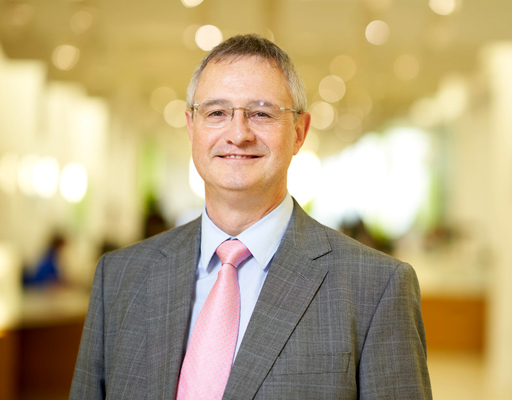The Tessa Jowell BRAIN MATRIX study is pioneering the diagnosis of brain tumours. It focusses on gliomas – the most common primary brain tumour.
The study aims to improve diagnosis by adding DNA sequencing into brain tumour diagnosis. It aims to test the possibility of using existing NHS infrastructure to ensure patients receive a diagnosis within 28 days.
Since December 2020, the study has recruited over 300 patients. It combines whole genome sequencing and imaging with clinical data and patient-reported quality of life. Collecting as much information as possible about a person’s tumour ensures the best diagnosis and treatment.
Barriers
Researchers have hit several barriers and are calling for improvements in the pathways to brain tumour diagnosis.
Importantly, the study highlights that brain tumour survival rates may be too short for the current timeframes in whole genome sequencing diagnosis pathways.

There is an urgent need for improved infrastructure and operational delivery of the NHS Genomic Medicine Service (GMS) pathway for brain tumour patients as the current timeframe for diagnostic results is not clinically relevant for informing patient care – it is just too long.
Lead researcher Professor Colin Watts, University of Birmingham
BRAIN MATRIX results so far
Research presented at the British Neuro-oncology Society (BNOS) conference in July found that the median time to complete the DNA sequencing diagnosis pathway was 404 days (range 124-653).
This length of time is not suitable for those diagnosed with a brain tumour. The most aggressive glioma, a glioblastoma, has a prognosis of 12-15 months – less than the time to receive the DNA sequencing results.
The results from the clinical study so far also highlighted that there needs to be improved reporting of genomic data back to doctors and patients and that those data need to be more accessible.
The work of BRAIN MATRIX also highlights the geographical inequalities in access to whole genome sequencing.
There are seven Genomic Laboratory Hubs in England. These are located in Birmingham, Cambridge, Manchester, London, Bristol and Newcastle. But they are not currently all able to receive and process samples from glioma patients. People living in the devolved nations (Northern Ireland, Scotland and Wales) who are outside of the GMS in England also have limited access.
The urgent need
There is an urgent need to improve the diagnosis and treatment of brain tumours, as these are the biggest cancer killer of children and adults under 40 years old.
Due to the complex nature of a brain tumour, diagnosis and treatment options are limited. And the Tessa Jowell BRAIN MATRIX study is striving to improve this.
Using imaging and DNA sequencing will give researchers and doctors a detailed understanding of a person’s tumour. This will help identify the most targeted treatment option, and it is hoped will fast-track people to suitable clinical trials.
What we will do

Genomics has been a government priority for a long time, but further investment in infrastructure is needed to take this from a credible aspiration to a meaningful implementation.
Cameron Miller, Director of Policy and Strategy at The Brain Tumour Charity
This includes more testing, more staff available to interpret results and better support for helping people understand their own profiling.
We will work with stakeholders across the sector to assist with making this a reality and to identify, understand and remove blockages in the current pathway.
Find out more about the BRAIN MATRIX study

Professor Colin Watts
Professor Colin Watts leads the Brain Cancer Program at the University of Birmingham. As a practising neurosurgeon Professor Watts has established a dedicated neurosurgical-oncology research clinic to support clinical trials and collaborative translational research.
